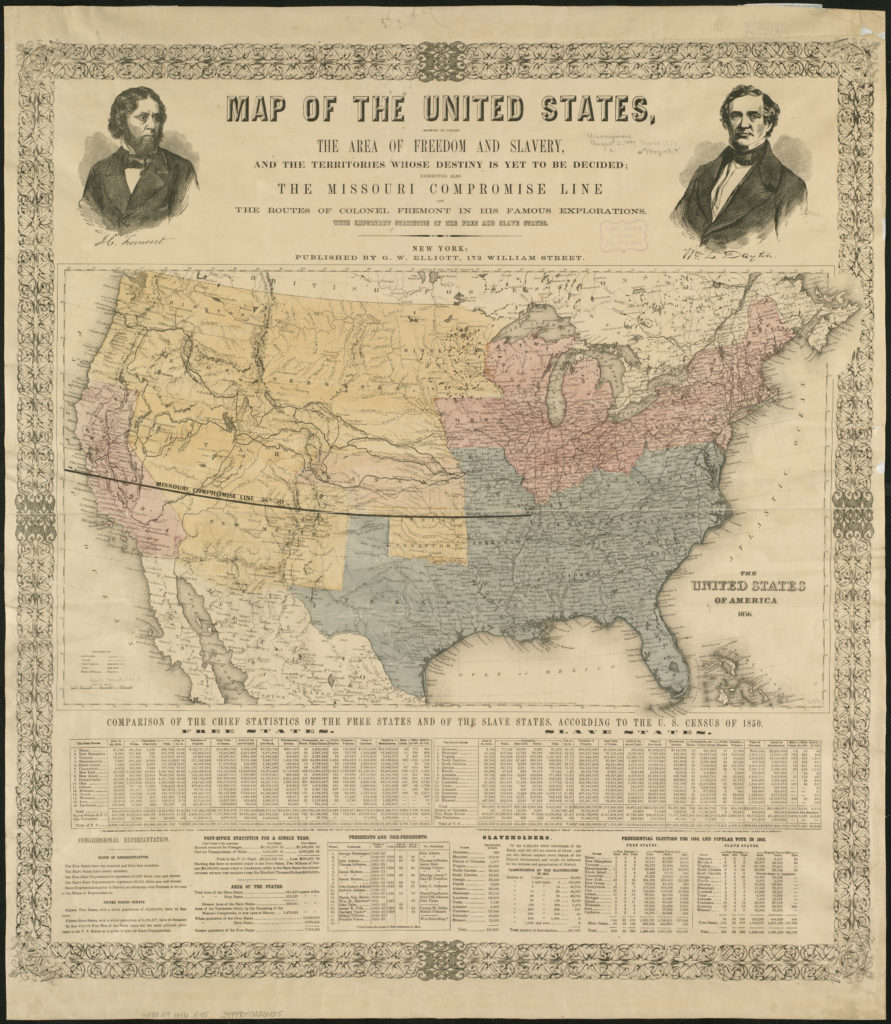
America’s Persistent Miscalculation: Annexation Talk And Canada’s Unwavering Independence
A Deep-Rooted Misperception
For over a century, the idea of annexing Canada into the United States has periodically resurfaced in American discourse. However, this perpetual miscalculation consistently overlooks the profound and unwavering independence that defines Canada as a nation.
The notion of annexation stems from a combination of historical, cultural, and geopolitical factors. The shared border, linguistic similarities, and economic interdependence between the two countries have often fostered a sense of closeness. However, these superficial connections belie the fundamental differences in values, political systems, and national identities that render annexation an impossibility.
Historical Context
The origins of annexation talk can be traced back to the American Revolution, when some colonists advocated for extending the new nation’s borders northward. However, this proposal was met with resistance from both Britain and Canada, which eventually led to the establishment of an independent Canadian confederation in 1867.
Throughout the late 19th and early 20th centuries, annexation talk occasionally resurfaced, particularly during periods of economic or political instability in Canada. However, these proposals never gained significant traction and were consistently rejected by the Canadian government and public.
Cultural Divide
Beyond historical factors, the cultural differences between the United States and Canada are profound. While the two countries share a common language, their respective cultures are shaped by distinct histories, demographics, and values. Canadians have a strong sense of national identity and pride, which is rooted in their own unique traditions, institutions, and symbols.
This cultural divide is evident in many aspects of life, from political discourse to social customs. Canadians are generally more reserved and polite than Americans, and they place a higher value on collective well-being and social harmony. These differences create a fundamental incompatibility between the two countries that would make annexation a logistical and social nightmare.
Political and Economic Considerations
From a political standpoint, annexation would require a massive overhaul of Canada’s constitutional and legal framework. The Canadian government, parliament, and judicial system would all need to be dissolved and replaced with American equivalents, a process that would be both complex and contentious.
Economically, annexation would likely have significant consequences for both countries. Canada’s healthcare system, social welfare programs, and tax structure are all different from those in the United States, and merging these systems would be a daunting task. Additionally, the integration of the Canadian economy into the American market could lead to job losses and economic dislocation in certain sectors.
Canada’s Unwavering Independence
Despite the occasional flicker of annexation talk, Canada’s independence remains unwavering. The Canadian people have repeatedly demonstrated their commitment to self-determination, and they consistently reject any suggestion of merging with the United States. This sentiment is reflected in public opinion polls, which consistently show overwhelming support for Canadian independence.
Canada’s strong sense of national identity and its commitment to its own unique values and institutions make annexation an impossibility. Canadians are proud of their country and their distinct way of life, and they are not willing to sacrifice their independence for the sake of a hypothetical union with the United States.
Conclusion
America’s persistent miscalculation regarding annexation is rooted in a failure to recognize the profound differences between the United States and Canada. The two countries are distinct nations with their own histories, cultures, values, and political systems. While they share a close relationship, annexation would be a logistical, social, and political nightmare that neither country would welcome.
Canada’s unwavering independence is a testament to the strength of its national identity and its commitment to self-determination. The Canadian people have repeatedly rejected annexation talk, and they remain firmly committed to their own unique country. The United States should respect Canada’s independence and abandon any lingering notions of annexation, recognizing that the two countries are better off as close neighbors and partners than as one united nation.



